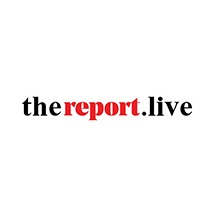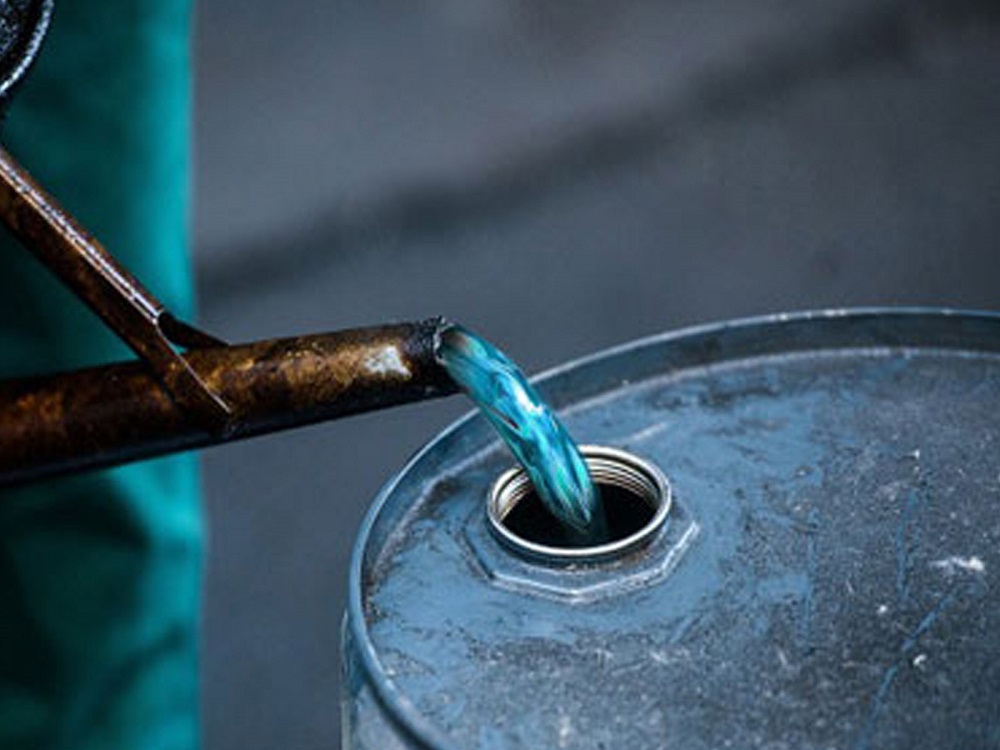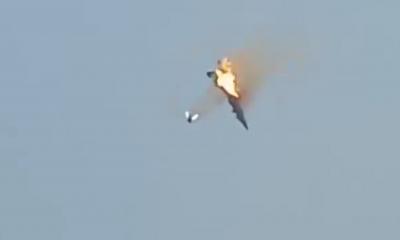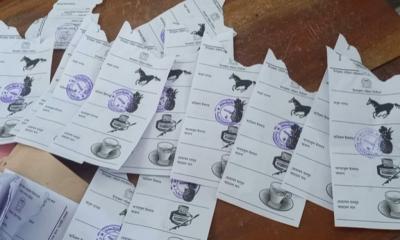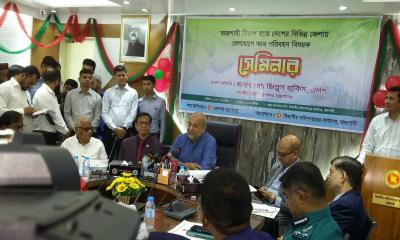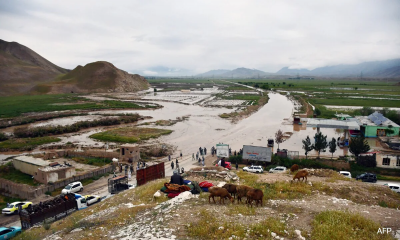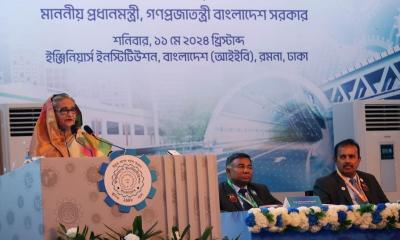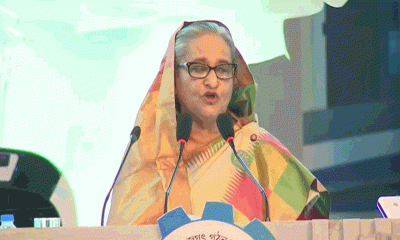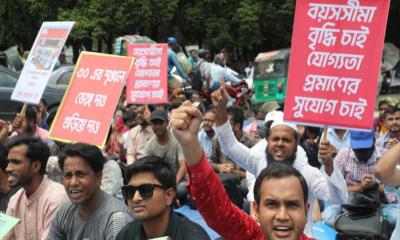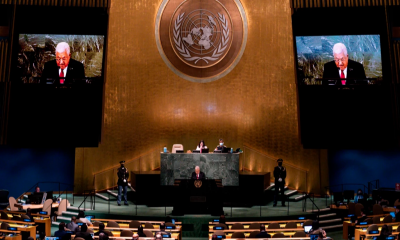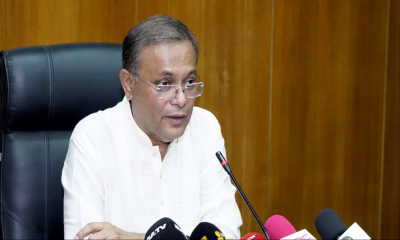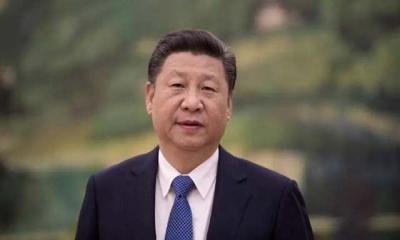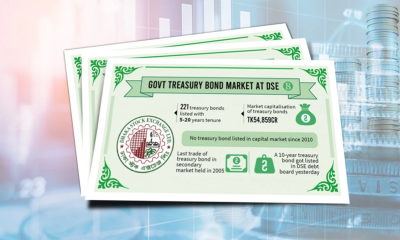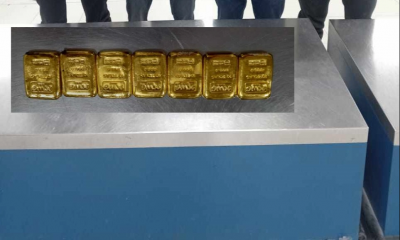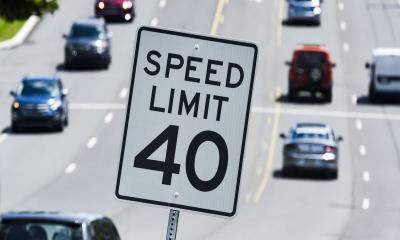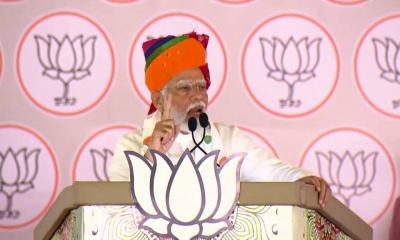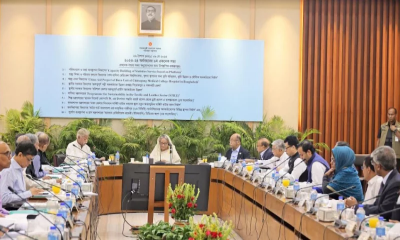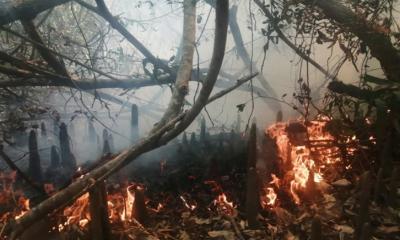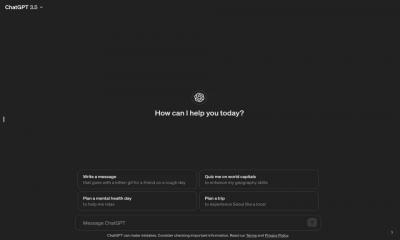The government has exempted the import of diesel from all advance taxes and also cut the import duty to 5 percent, from existing 10 percent, reports UNB.
The change was notified through a gazette notification issued by the National Board of Revenue on Sunday.
The order came into effect immediately and will remain effective for the rest of 2022, till December 31.
The NBR notification added that light and high speed diesel oils will get the new facilities.
Experts in industry and the transport sector believe that the new order came against the backdrop of the consistent demand from the politicians and business circles, as well as the common people, following the government’s hike of prices of all petroleum fuels.
The government on August 5 announced the largest ever hikes in the price of fuel oils - ranging from 42- 52 percent – with effect from August 6.
At the consumer level, the retail prices of diesel and kerosene went up to Tk114 per litre, up by a whopping 42.5% from Tk 80/litre.
But the 42.5% hike even exceeds the 37.5% hike in price from 2007, when it went up from Tk 40 to Tk 55 - the largest hike on record prior to tonight.
Octane price was raised to Tk135 per litre, up an eye-watering 51.7% from Tk 89/litre - again the largest hike on record.
Lastly a litre of petrol was set at Tk130 from at the pump, that used to be Tk 86/litre even just a few hours ago as of writing this report - another 51% hike in one go that has no precedent in independent Bangladesh.
Bangladesh annually imports about 6.5 million metric tons of petroleum, of which 5 million metric tons is refined. Of these, the major portion is diesel - mainly consumed by transport, industry and power sector.
The Bangladesh Petroleum Corporation (BPC) and Eastern Refinery Limited (ERL) have adjusted the petroleum fuel prices as the prices were much higher in the international market compared to Bangladesh, the Energy Division said.
State Minister for Power, Energy and Mineral Resources Nasrul Hamid said "The government avoided increasing the prices of fuel oils for as long as it could. Now some adjustments have to be made taking stock of the current global situation."
He offered some hope that the prices may be adjusted back down if the situation in the international energy markets shifts to allow that. But this rarely, if ever, happens. Nasrul Hamid harked back to the one occasion it happened under him, by very small amounts, when prices hit rock bottom internationally in the midst of a prolonged slump in prices that only turned around with the most recent rally in energy markets.
"In April 2016, the government reduced the prices of fuel oils. If the situation normalises, the prices of fuel oils will be revised accordingly," he said.
The latest order to reduce the tax came in compliance with such assurance from the government.
However, the petroleum price started witnessing a decreasing trend from August 1 after the per barrel crude oil price was recorded to be $130. After that record high, it witnessed a per barrel price below $90.
During the hike of fuel prices, it was said by the Energy Division that the state-owned BPC has been running a loss of Tk8,014.51 crore in petroleum fuel sales in the last six months, from February to July.
Considering the global oil market situation, making "rational price adjustments" became essential to continue BPC as a going concern, while tasked with the vital function of overseeing petroleum imports, among other things.

